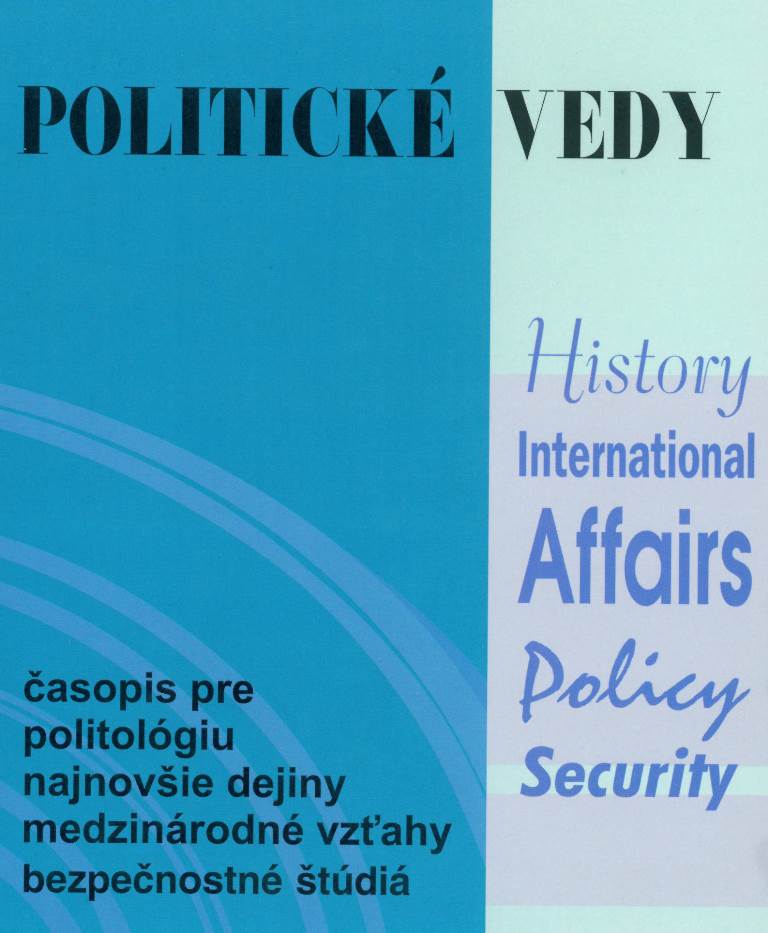Negativní svoboda ve světle teorie institucí
Negative Liberty in the Light of the Theory of Institutions
Author(s): Josef MouralSubject(s): Politics / Political Sciences, Politics and society
Published by: Univerzita Mateja Bela
Keywords: Berlin;Negative Liberty;Searle;Moural;Institutions;Status Functions;Constitutive Rules;Possible Action;Liberalism;Constraints
Summary/Abstract: I applied the Searlean theory of institutions to the problem of political liberty, especially of negative liberty in Isaiah Berlin’s sense. I made use of a simple notion of agent liberty, consisting of the area of possible action available to the agent. I showed that, according to theory of institutions, many of the possibilities to act (and especially very many of the possibilities to act politically) are dependent on shared acceptation of certain status functions and/or constitutive rules – which, paradoxically, often involve imposing constraints on one’s acting. Turning to Berlin, I distinguished between strict negative liberty (absence of actual interference), modalized negative liberty (expected absence of potential interference) and agent liberty. I embraced Berlin’s claim that he never cared for strict negative liberty as relevant to political theory (rather, it has to do with criminal law), and I showed that (1) his modalized negative liberty is best understood as a subclass of agent liberty, and that (2) we need to pay attention also to how other people contribute to the very existence of the possibilities to act politically. Some of my conclusions are: (i) ‘the less regulation, the more liberty’ is not true; (ii) but of course neither is „the more regulation, the more liberty“; instead, we need to study complex ways in which institutions limit us and thereby make possible actions otherwise unavailable. (iii) Berlin (and many of the participants in the discussion of negative liberty) neglects the problem of the conditions of possiblities to act.
Journal: Politické vedy
- Issue Year: 23/2020
- Issue No: 3
- Page Range: 28-44
- Page Count: 17
- Language: Czech

